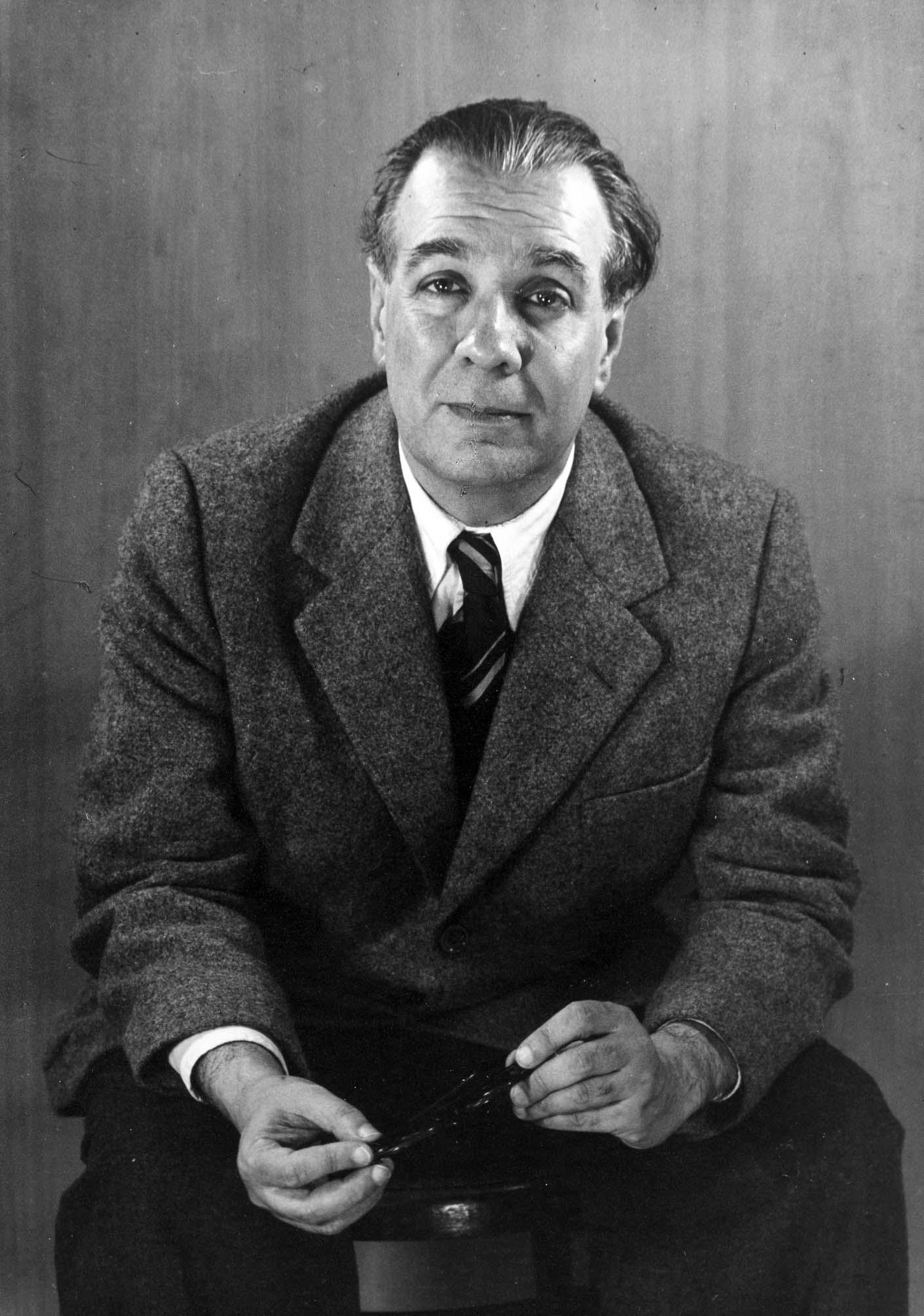1) Hi Nada, can you tell us what you've been up to since graduating from THINK Global School in 2022? Since graduating in 2022, I've been pursuing a passion I found while at TGS, sustainability, and I am currently majoring in engineering in renewable energy systems at Al Akhawayn University, in Ifrane, Morocco. But there is way more than that! I've had a chance also to explore the world of...
Read More
AS IS THE CASE when a group of individuals shows an unrivaled finesse at their calling, Latin America has produced a dizzying amount of literary talent over the last fifty years. At no time was this more apparent than the rise of the literary movement of the 1960’s and 1970’s known as the Latin American Boom. Before the 1960’s, Latin American literature was typically maligned by those in places such as the United States and Europe, where authors such as Russia’s Vladimir Nabokov and Germany’s Günter Grass received great acclaim for their literary works.
This began to change though with the generation born directly following World War II, as Latin America began to find itself moving towards economic integration through the creation of the Latin American Free Trade Association and the Central American Common Market. This economic shift led to greater affluence for many of the citizens in Latin America, which in turn fueled a desire for higher education and a migration towards large cities such as Buenos Aires.
 By the 1960’s, Latin America’s arsenal of young writers was beginning to take form, and it is no small coincidence that it occurred at the height of Cold War tensions. Fueled by their antipathy towards United States imperialism, the Boom writers were placing themselves squarely on the opposite end of the political spectrum. This leftist attitude would play a major part in their works, with many of their stories reflecting the attitude of the day. The Cuban Revolution proved to be the catalyst needed for the Boom writers, as their suddenly popular works found their way not only into the hands of those living within Latin America, but onto the printing presses and streets of Europe as well.
By the 1960’s, Latin America’s arsenal of young writers was beginning to take form, and it is no small coincidence that it occurred at the height of Cold War tensions. Fueled by their antipathy towards United States imperialism, the Boom writers were placing themselves squarely on the opposite end of the political spectrum. This leftist attitude would play a major part in their works, with many of their stories reflecting the attitude of the day. The Cuban Revolution proved to be the catalyst needed for the Boom writers, as their suddenly popular works found their way not only into the hands of those living within Latin America, but onto the printing presses and streets of Europe as well.
Exploring these rich works has become a focal point of teacher Breanna Reynold’s IB Language & Literature course. Utilizing a multifaceted approach, Breanna’s students are:
- Using the community resources of Buenos Aires as a place-based experience. Students have been exploring museums, libraries, photo galleries, and other educational venues as a ways of bolstering their knowledge about the era.
- Researching the Boom writers. Each student is reading two novels by the author Gabriel García Márquez, as well as breaking into groups to research some of the other prominent writers that came out of the era.
- Using social media to share the information that they have found. Each group of students has created a Facebook Fan Page as a tribute to their selected author, as well as creating silent films for the web to demonstrate their knowledge of the course materials. Jorge Luis Borges’ Facebook Fan Page can be viewed here, and Jorge Mario Pedro Vargas Llosa’s page can be viewed here.
View the silent film A Chronicle of a Death Foretold:
By combining these learning methods, Breanna has succeeded in making her unit on the Boom writers far more immersive and localized than a standard classroom experience. All of this comes to life in our new video IB Language & Literature and the Boom writers in Argentina, which you can view below: